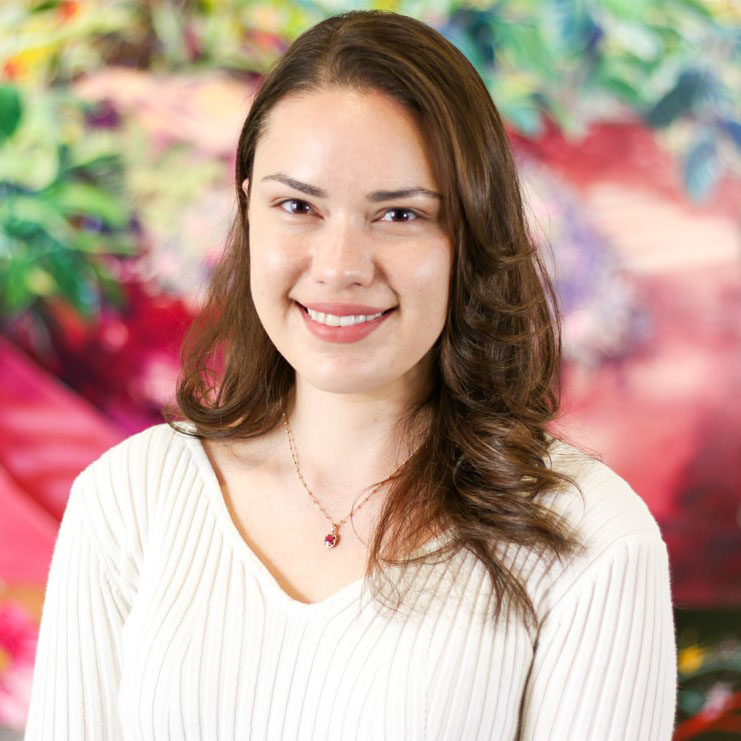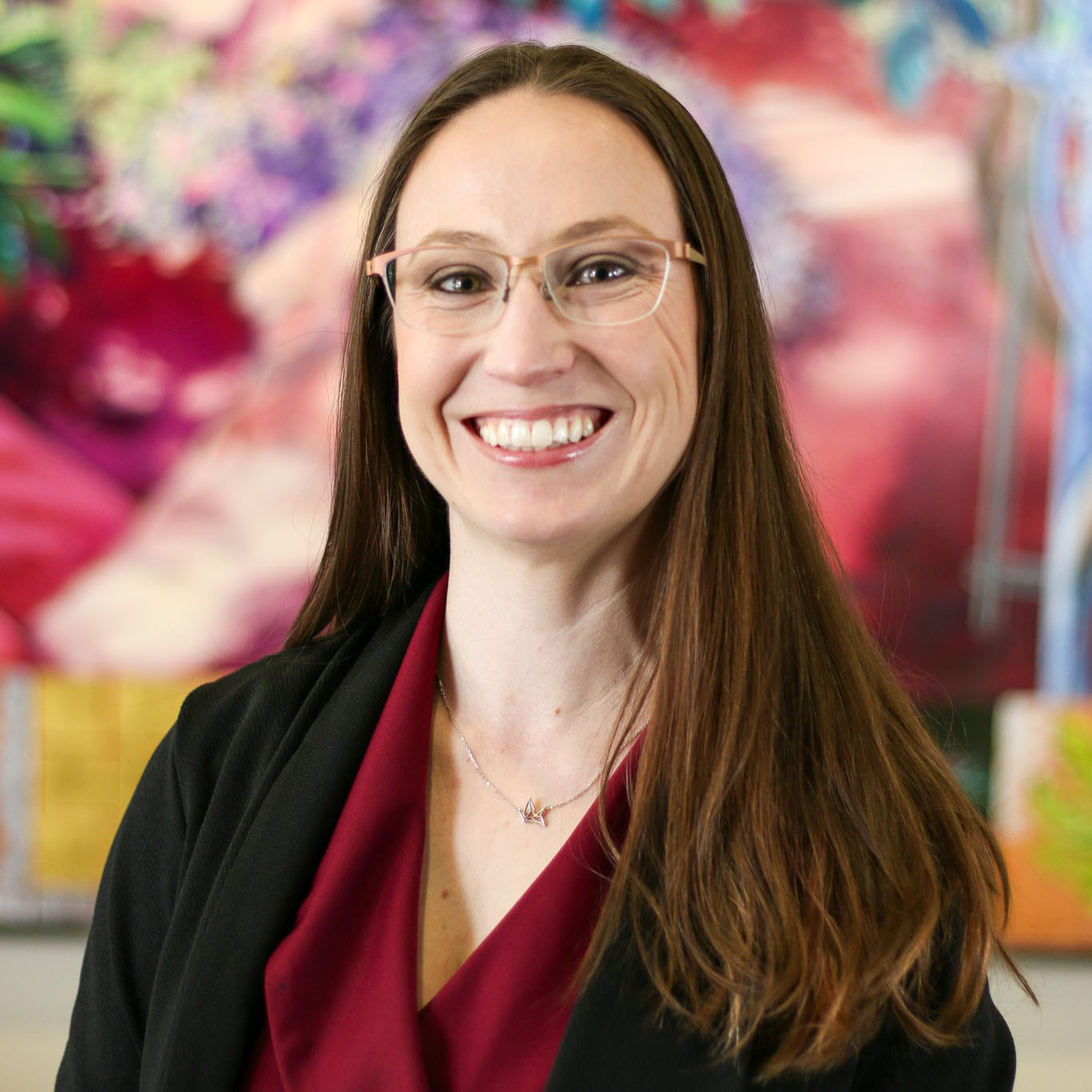T32 training program in Molecular and Systems Toxicology
T32 training program in Molecular and Systems Toxicology (NIEHS T32 ES029074) is a multi-disciplinary research mentorship program centered on training in systems toxicology including genomics/epigenetics, proteomics, and metabolomics as well as molecular approaches to investigate underlying mechanisms of toxicity. This MST training program will be supported by 16 faculty members, from the University of Colorado’s Schools of Pharmacy, Medicine and Public Health and also includes faculty from the nearby National Jewish Health, all of whom conduct systems toxicology research and will serve as mentors. Systems toxicology approaches commonly utilized by our training faculty include genomics/epigenetics, proteomics, redox proteomics, microbiome, metabolomics, biostatistical genetics, and bioinformatics.
This multi-disciplinary research T32 program will support four predoctoral trainees per year and emphasizes systems toxicology research. Graduate students in the program obtain degrees through the mentioned disciplines. Research opportunities for predoctoral trainees will involve systems-based approaches to investigate a broad range of toxicological outcomes, including environmental lung disease, carcinogenesis, neurodegenerative disease, nanotoxicology, and immune responses to environmental xenobiotics, drugs and therapies. Students will be recruited from the Toxicology and Pharmaceutical Sciences Graduate Programs, and accepted each year, into the MST-T32 program. T32 trainees are supported for 2 years, post-comps. This University of Colorado Anschutz Medical Campus MST T32 training program will develop predoctoral trainees into independent and successful toxicologists with expertise in systems toxicology.
Applications will be solicited in May of each year. Applicants must have successfully passed their comprehensive exam and currently working on research related to molecular and systems toxicology. Students from the Toxicology and Pharmaceutical Sciences PhD programs are eligible.


Michaela Hvizdak
Michaela Hvizdak is a PhD Candidate in the Toxicology program at the University of Colorado, Anschutz Medical Campus where she has been researching the teratogenicity of Per- and Polyfluoroalkyl Substances (PFAS) under the direction of Dr. Jed Lampe. Her dissertation work focuses on the mechanisms behind birth defects following prenatal PFAS exposure through their ability to inhibit cytochrome P450 (CYP) enzymes involved in human development. Interference with endogenous CYP activity can disrupt steroid metabolism and important signaling molecules critical for fetoplacental communication and embryogenesis. Given the stark similarities between PFAS and endogenous CYP ligands, understanding the specific interactions between these “forever chemicals” and neonatal CYPs is key to elucidating their impacts on the public health of future generations.
“I am profoundly thankful to the T32 training program for their generous support of my career development as a predoctoral trainee in toxicology. This training program has provided me with opportunities to advance my knowledge in multi-disciplinary systems toxicology research to better understand the outcomes of gestational PFAS exposure. I look forward to the collaborative opportunities made possible by the T32 program, allowing me to expand my professional network and exchange exciting research ideas with new connections in the field.”
Angela Reinhert
Angela Reinert joined the Toxicology PhD program at the University of Colorado, Anschutz Medical Campus in the Fall of 2021 and joined the lab of Dr. Jared Brown in 2022. Angela's current research focuses on how environmental toxicants can trigger IgE-independent mast cell degranulation, particularly through the Mast Related G Protein-Coupled Receptor X2 (MRGPRX2) pathway. She aims to clarify the role of mast cells in initiating pulmonary inflammation after exposure to these toxicants. Her goal is to enhance understanding of the importance of non-IgE-mediated pathways as potential therapeutic and preventive targets for individuals experiencing chronic idiopathic urticaria-type symptoms.

Shannon Twardy
Shannon Twardy joined the Toxicology PhD program at the University of Colorado, Anschutz Medical Campus in the Fall of 2021 and joined the lab of Dr. Rebecca McCullough in 2022. Currently, Shannon’s thesis work aims to elucidate how intracellular complement activation may lead to Kupffer Cell dysfunction during Alcohol-associated Liver Disease. Specifically, she is investigating the role of alcohol exposure on C5 complosome component expression and how the mitochondrial complement receptor, C5aR1, influences macrophage polarization, metabolic switching, and NLRP3 inflammasome activation in both cell and pre-clinical models. A better understanding of the key mechanisms involved in the progression of ALD will provide a foundation for future clinical interventions to prevent or treat liver disease.
“The T32 program has supported me in the progression of my research, development of my science communication skills, and networking at conferences I wouldn't normally attend. I look forward to the continued opportunities to build my collaborations and expertise under this T32 award.”Colin Anderson – currently a Postdoctoral Research Fellow at the Buck Institute for Research on Aging
Dustin Brown – currently a Molecular Toxicologist at the Food and Drug Administration
Angela Cruz-Hernandez – currently a Senior Scientist in Product Safety at L’Oreal
Kendra Prutton – currently a Science Communications and Education Manager at International Society for Stem Cell Research
Keegan Rogers – currently a Health Scientist at Stantec Chemrisk
Brandon Sonn – currently a Medical Science Liaison and Precision Medicine Researcher at Strata Oncology
Rajesh Agarwal
Cancer/Natural Products
Alison Bauer
Environmental Lung Disease
Jared Brown
Immunotoxicology/Nano
Shaodong Dai
Metals/Autoimmunity
Andrew Fontenot
Pulmonary/Microbiome
Kris Fritz
Metabolic Syndrome/Ethanol
Li Li
Beryllium Disease
Lisa Maier
Environmental Lung Disease
Manisha Patel
Neurotoxicology
Vanessa Phelan
Microbiome/Lung
Nichole Reisdorph
Metabolomics/Asthma
James Roede
Pesticides/Neurotoxicology
Laura Saba
Bioinformatics/Statistics
David Schwartz
Environmental Lung Disease
Carl White
Lung Disease/Chemical Warfare
Ivana Yang
Epigenomics/Asthma

Ivana Yang PhD
Associate Professor
- Biomedicine (SOM)
Email Address:ivana.yang@ucdenver.edu
Alt Email Address:yangi@njhealth.org
Primary Phone:303-724-6449
Mailing Address:
- CU Anschutz
Research Complex II
12700 East 19th Avenue
Aurora, CO 80045